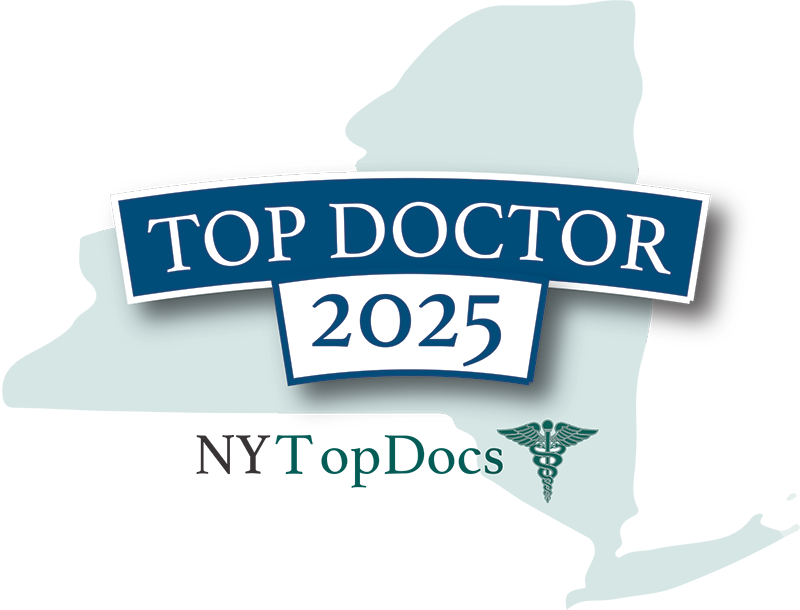Cheri Berkley for Yahoo! Health News shines the light on why we wait so long at the doctor’s office and what we can do when we’re fed up with waiting.
The wait time to see a doctor isn’t COMPLETELY out of your control.
Few things are more frustrating than waiting at the doctor’s office. Anxiety grows as an appointment time comes and goes. Each passing moment of lateness serves as a reminder of all the other places you’re supposed to be: at school to pick up your kid, at a work meeting, at yoga class.
Unfortunately, waiting for the doctor seems to be an experience virtually all Americans have to suffer through — and according to the results of a new national survey, the average time you have to wait is 19 minutes.
But not every kind of doctor has the same average wait time. The Sixth Annual Vitals Index shows that psychologists have the shortest wait times — at 11 minutes, on average — while, not surprisingly, emergency room physicians have the highest at 24 minutes.
And as for location, Portland took the prize for the city with the shortest average wait time at 15 minutes, followed closely by Minneapolis and Seattle. El Paso had the longest wait time for the fourth-straight year, clocking in at 26 minutes. Memphis, Miami, New York City, and Las Vegas were also big wait-time offenders. (You can see the complete report here.)
There are a number of reasons patients end up waiting despite having an appointment. Much of it is linked to inefficiencies in the practice, says Heyward Donigan, CEO of the doctor review website Vitals. “In general, wait times have been historically driven by lack of efficient administration of a particular practitioner’s office, combined with a significant amount of volume and unpredictability of patients who show up late or not at all,” she tells Yahoo Health.
Inefficiencies include overscheduling, understaffing, and doctor emergencies. Still, Donigan emphasizes that patients have rights, too. “We all work or have family commitments, and we should expect that we don’t have to wait a half an hour to see a provider when we schedule a service at 1 o’clock.”
The good news is that while wait times are not ideal, they are getting better. Even with more insured people in the pipeline after the Affordable Care Act, the average overall wait time has dropped by one minute since last year, according to the Vitals survey. Donigan attributes improvements to increased use of minute clinics, nurse and physician practitioners, andconcierge medicine. All, she says, have helped ease patient load in emergency rooms and doctor’s offices.
Many factors affecting wait times are out of your control, but there are ways you can take charge to shorten your wait. Here are five to consider the next time you need some medical care:
- Get online.The power of the Internet is a force that is inciting doctor offices to step up or lose business, Donigan tells Yahoo Health. Doctors realize patients have more say and choice than ever, and online reviews can make or break their reputation.
- Speak up.If you were referred to a doctor and had a poor experience, don’t let it slide. Tell referring physicians what happened so they can make better referrals. Good referrals reflect positively on them. Be sure to voice concerns to the provider in patient satisfaction surveys, too.
- Be on time.Nothing is worse than being delayed because the patient before you was late. Show courtesy to your fellow patients and do your part by arriving on time and calling in advance if you need to reschedule.
- Schedule early.Being the first patient of the day means there are no backlogs of previous patients who the doctor saw late or arrived late.
- Move on. If all else fails and routine waiting continues, find another doctor who has the staff, organization, and consideration to see patients in a timely manner. Always remember: You are the consumer, and it is your right.

